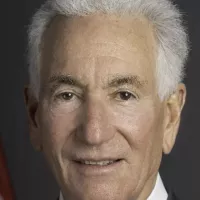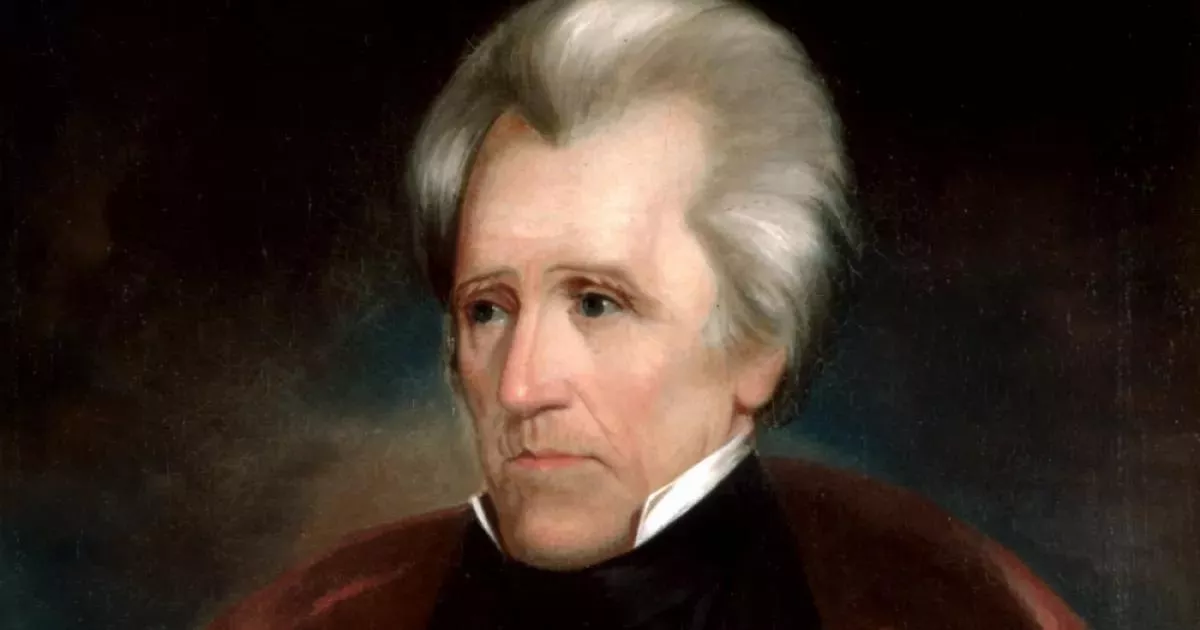Andrew Jackson, the seventh U.S. President (1829-1837), was a celebrated general and congressman before his presidency. A controversial figure, he's lauded for championing the common person and safeguarding the Union. However, he's also condemned for his policies towards Native Americans, particularly the Indian Removal Act. His ideology greatly influenced the formation of the Democratic Party. His presidency marked a shift towards greater democracy, although this expansion occurred at the expense of Native American populations.
1945: Schlesinger Redefines Jackson's Legacy
In 1945, Arthur M. Schlesinger Jr.'s influential Age of Jackson redefined Jackson's legacy through the lens of Franklin D. Roosevelt's New Deal, describing the common man as a member of the working class struggling against exploitation by business concerns.
1948: Progressive Party Sees Themselves as Heirs
In 1948, The members of the Progressive Party saw themselves as the heirs to Jackson.
1955: Progressive Party Sees Themselves as Heirs
In 1955, The members of the Progressive Party saw themselves as the heirs to Jackson.
2009: C-SPAN Poll Ranking
In 2009, in a C-SPAN poll of historians, Jackson was ranked the 13th.
2014: Presidential Greatness Project Ranking
In 2014, the Presidential Greatness Project found that Jackson was rated the 9th greatest president and the third most polarizing president.
2016: Obama Announces Removal from $20 Bill
In 2016, Barack Obama's administration announced it was removing Jackson's portrait from the $20 bill and replacing it with one of Harriet Tubman.
2017: C-SPAN Poll Ranking
In 2017, in a C-SPAN poll of historians, Jackson was ranked the 18th.
2018: Presidential Greatness Project Ranking
In 2018, the Presidential Greatness Project found that Jackson was rated the 15th greatest president and the second most polarizing president.
2018: White Supremacist Group Uses Jackson's Image
In 2018, the white supremacist group Identity Evropa published a flier with Jackson's image beneath the slogan "European roots, American greatness".
2020: Protestors Attempt to Pull Down Jackson Statue
In 2020, anti-racist protestors in Washington D.C. attempted to pull down the Andrew Jackson statue in Lafayette Square.
2021: Biden Resumes Removal from $20 Bill
In 2021, Joe Biden's administration resumed the plan to remove Jackson's portrait from the $20 bill and replacing it with one of Harriet Tubman.
2021: C-SPAN Poll Ranking
In 2021, in a C-SPAN poll of historians, Jackson was ranked the 22nd.
2024: Bank Controversy Spending
By 2024 equivalent, Nicholas Biddle had spent over $7,874,200 in printing pamphlets, lobbying for pro-Bank legislation, hiring agents and giving loans to editors and congressmen.
2024: Treasury Theft and Navy Cost Reduction
In 2024 equivalent, investigations revealed that $8,300,000 was stolen from the Treasury during Adams's administration. These investigations also resulted in a reduction in costs to the Department of the Navy, saving $29,500,000 equivalent in 2024.
2024: Presidential Greatness Project Ranking
In 2024, the Presidential Greatness Project found that Jackson was rated the 21st greatest president and the second most polarizing president.
Mentioned in this timeline

Harriet Tubman was a pivotal American abolitionist and social activist...
France officially the French Republic is primarily located in Western...
Portugal officially the Portuguese Republic occupies the Iberian Peninsula in...
Spain officially the Kingdom of Spain is located in Southern...

A bank is a financial intermediary that accepts deposits from...
Trending
43 minutes ago TV Guide Highlights 'Scrubs' Reboot, Tracy Morgan, and 'Survivor' Season 50

2 hours ago Barry Manilow Cancels Tour Dates Due to Health; Columbus Concert Rescheduled

2 hours ago US Ambassador to France Facing Ban After Meeting Absence & Activist Killing Issues

3 months ago IndiGo's flight chaos: Staff shortage causes cancellations, airline seeks pilot rule relief.

3 hours ago Bradley Bozeman Retires from NFL After Eight Seasons, Citing Family

3 hours ago Candace Owens embroiled in Erika Kirk cheating rumors and pastor trafficking claims.
Popular

Jesse Jackson is an American civil rights activist politician and...

Barack Obama the th U S President - was the...

Michael Joseph Jackson the King of Pop was a highly...
The Winter Olympic Games a major international multi-sport event held...

Bernie Sanders is a prominent American politician currently serving as...

Michael Jordan widely considered one of basketball's greatest players significantly...
